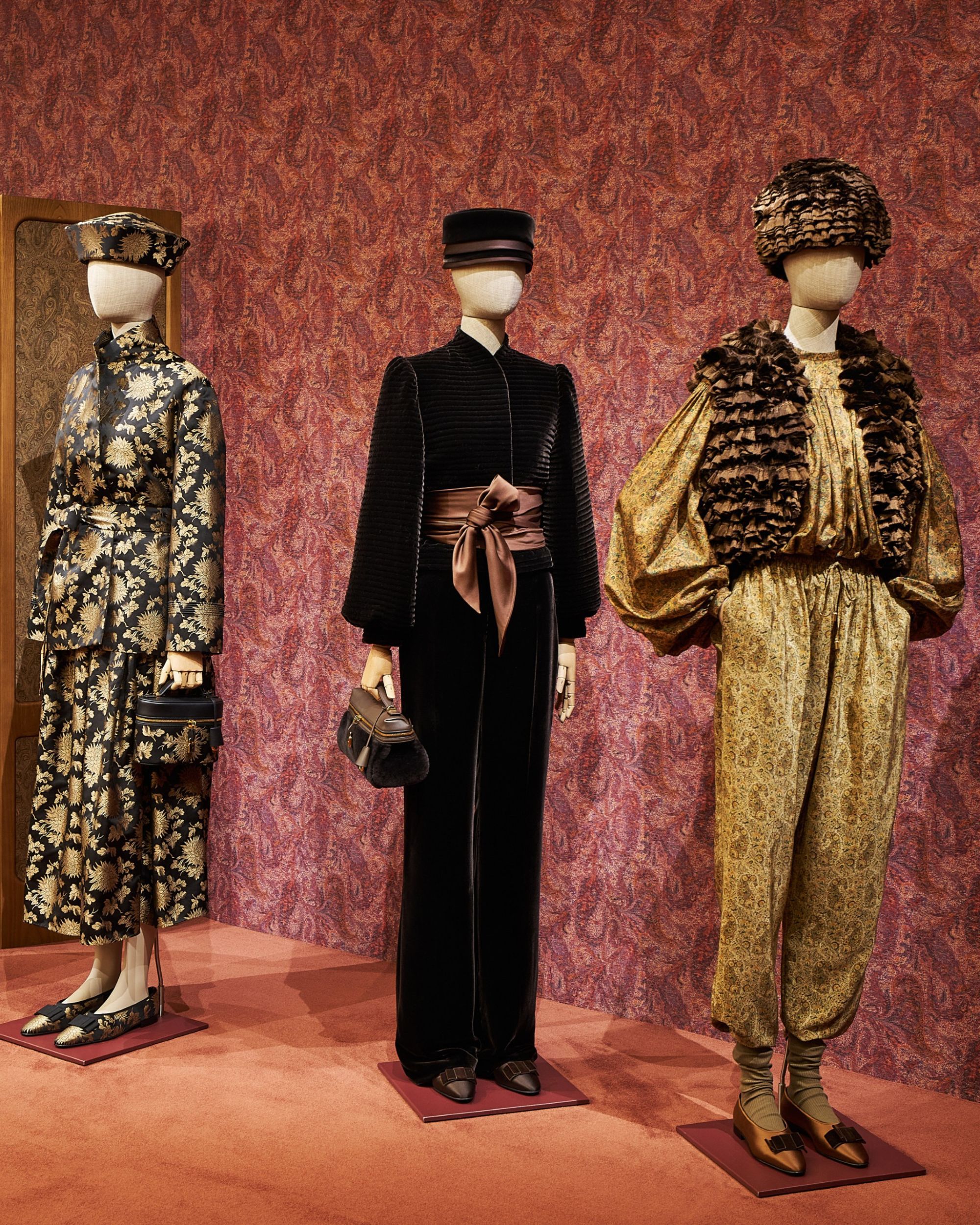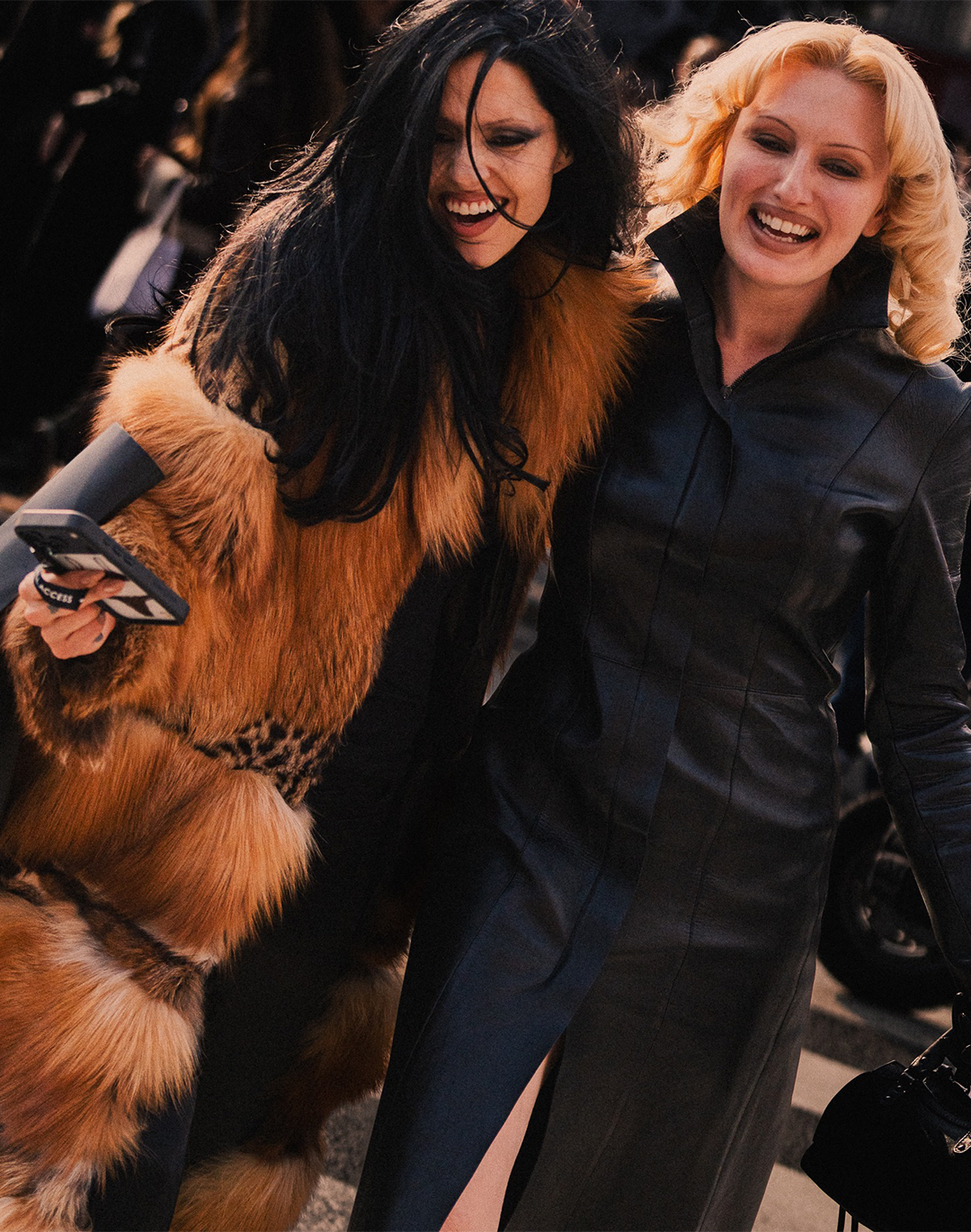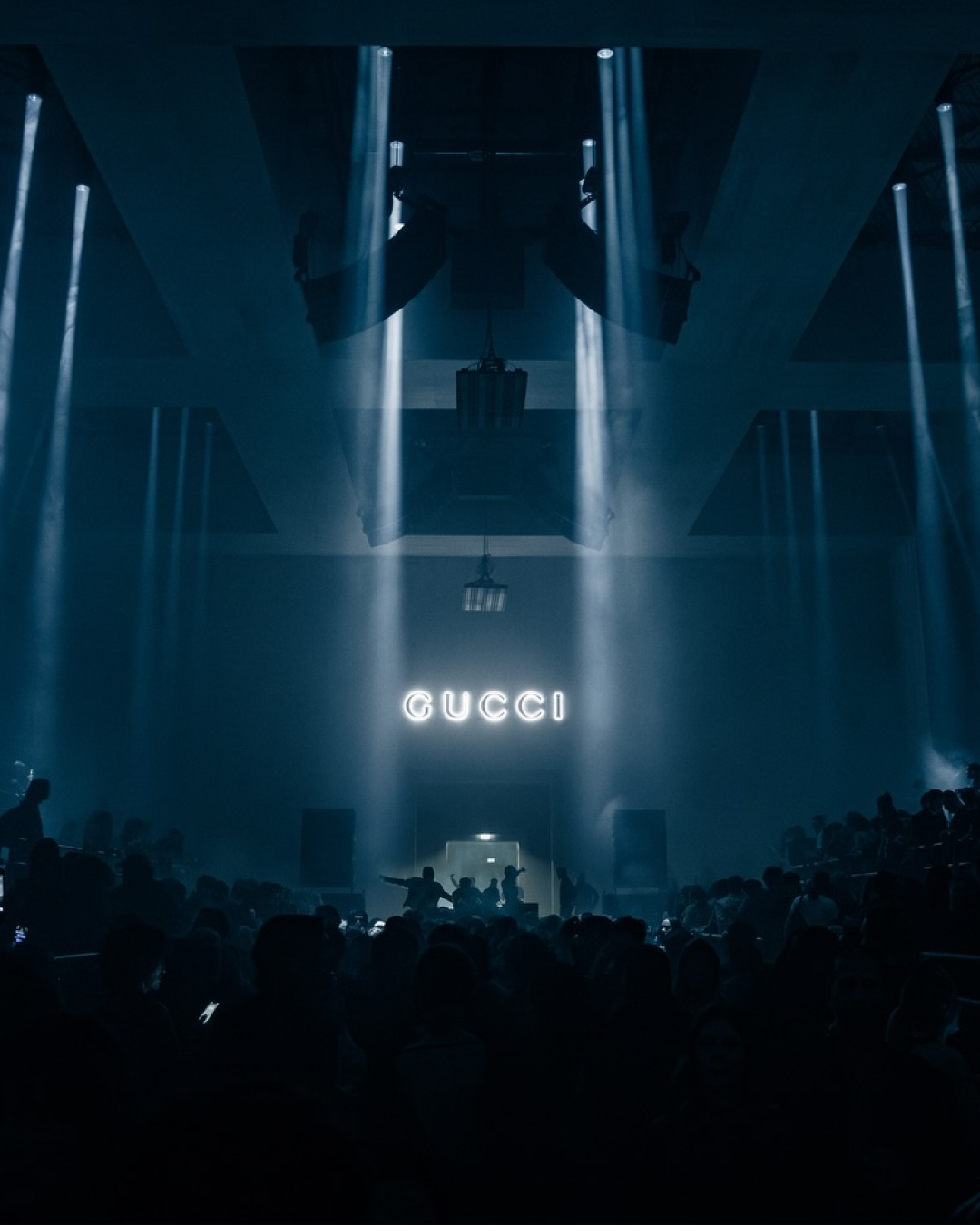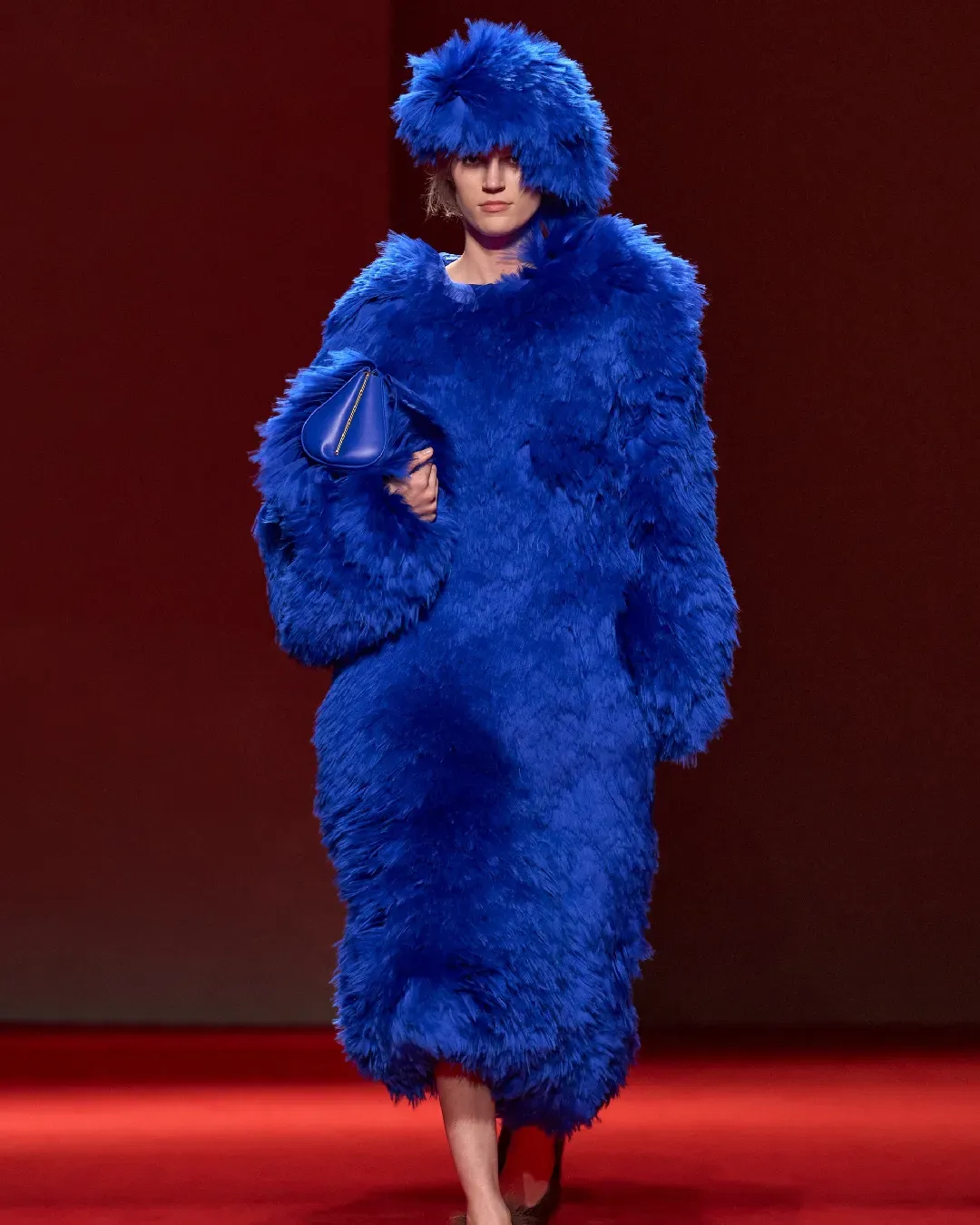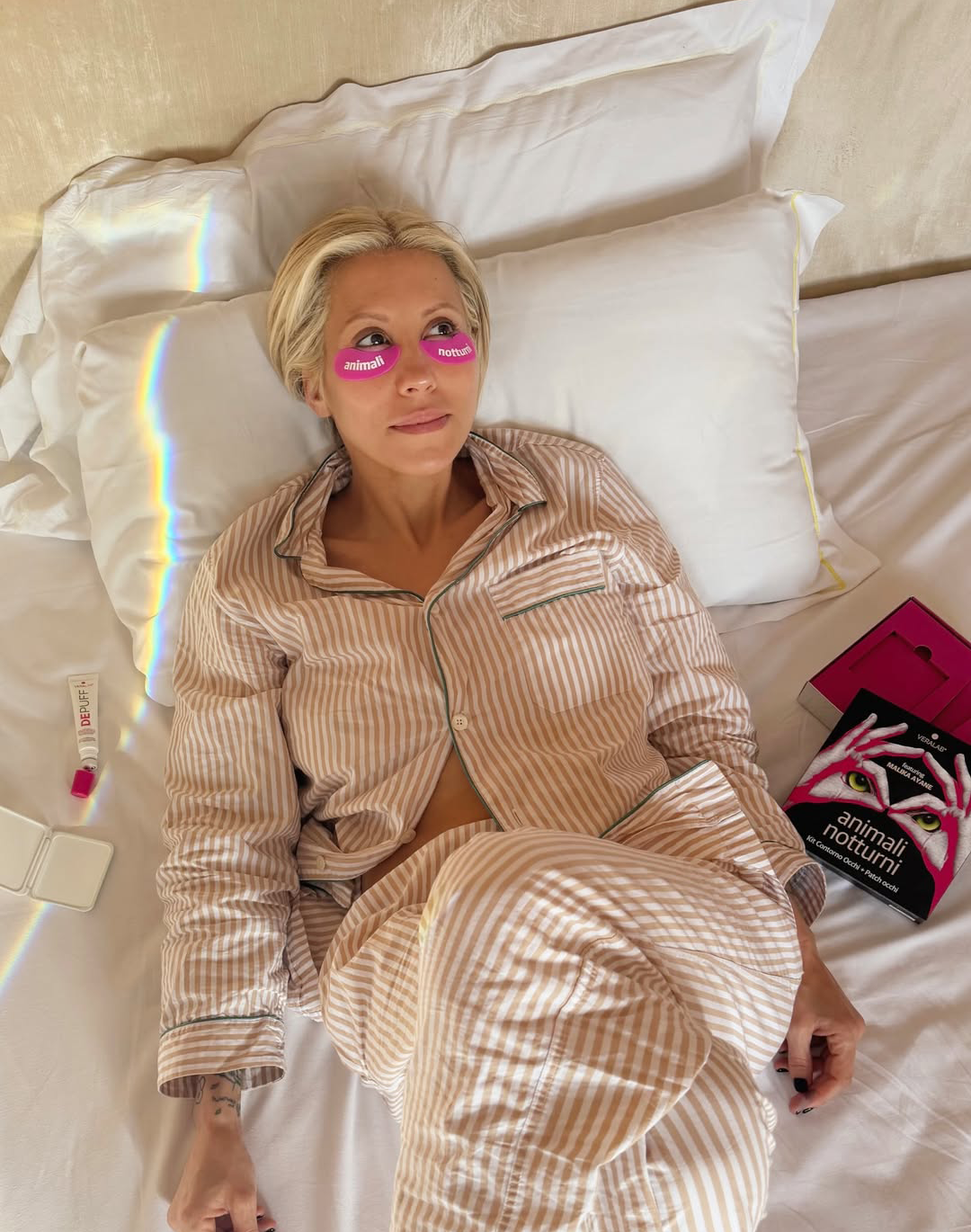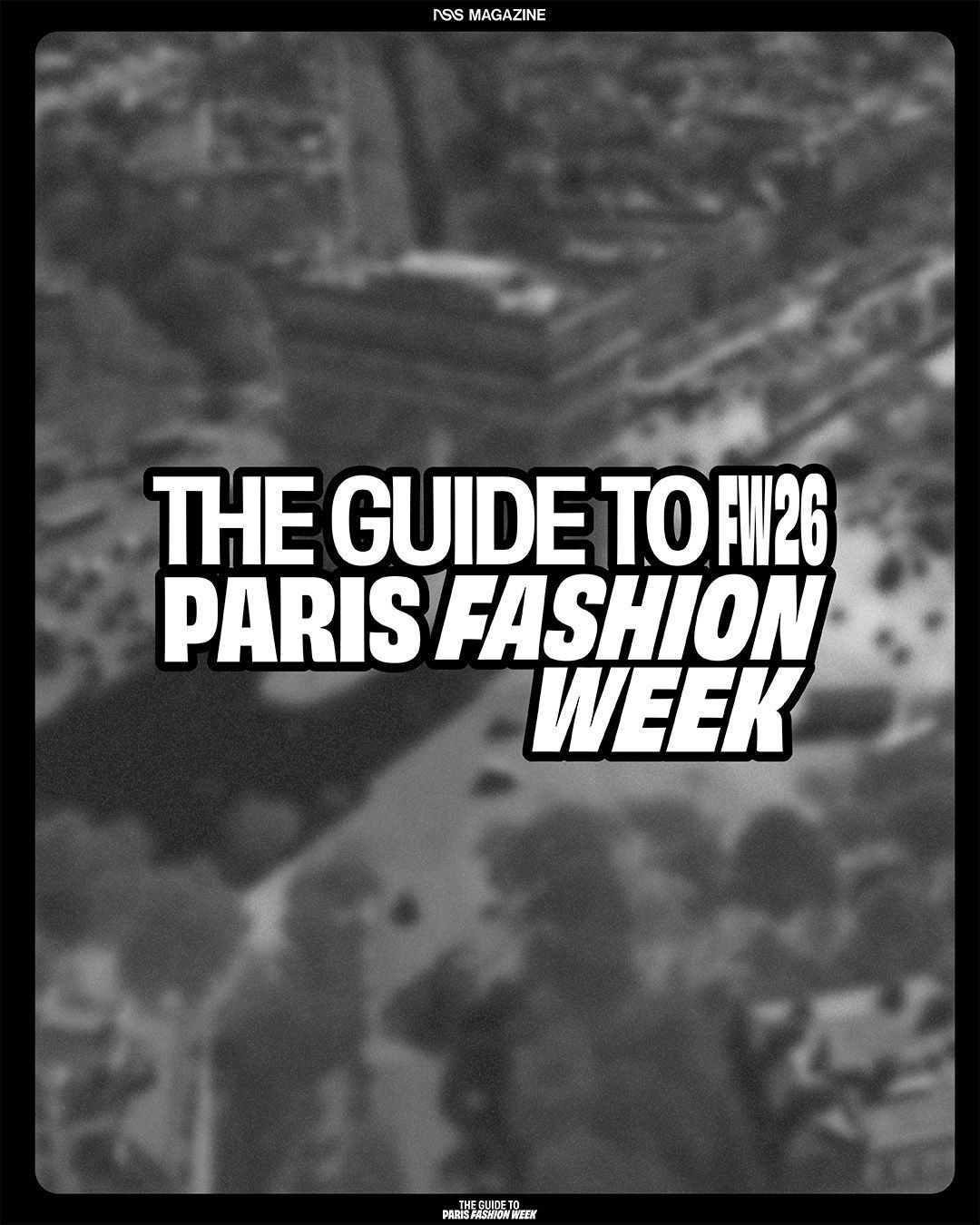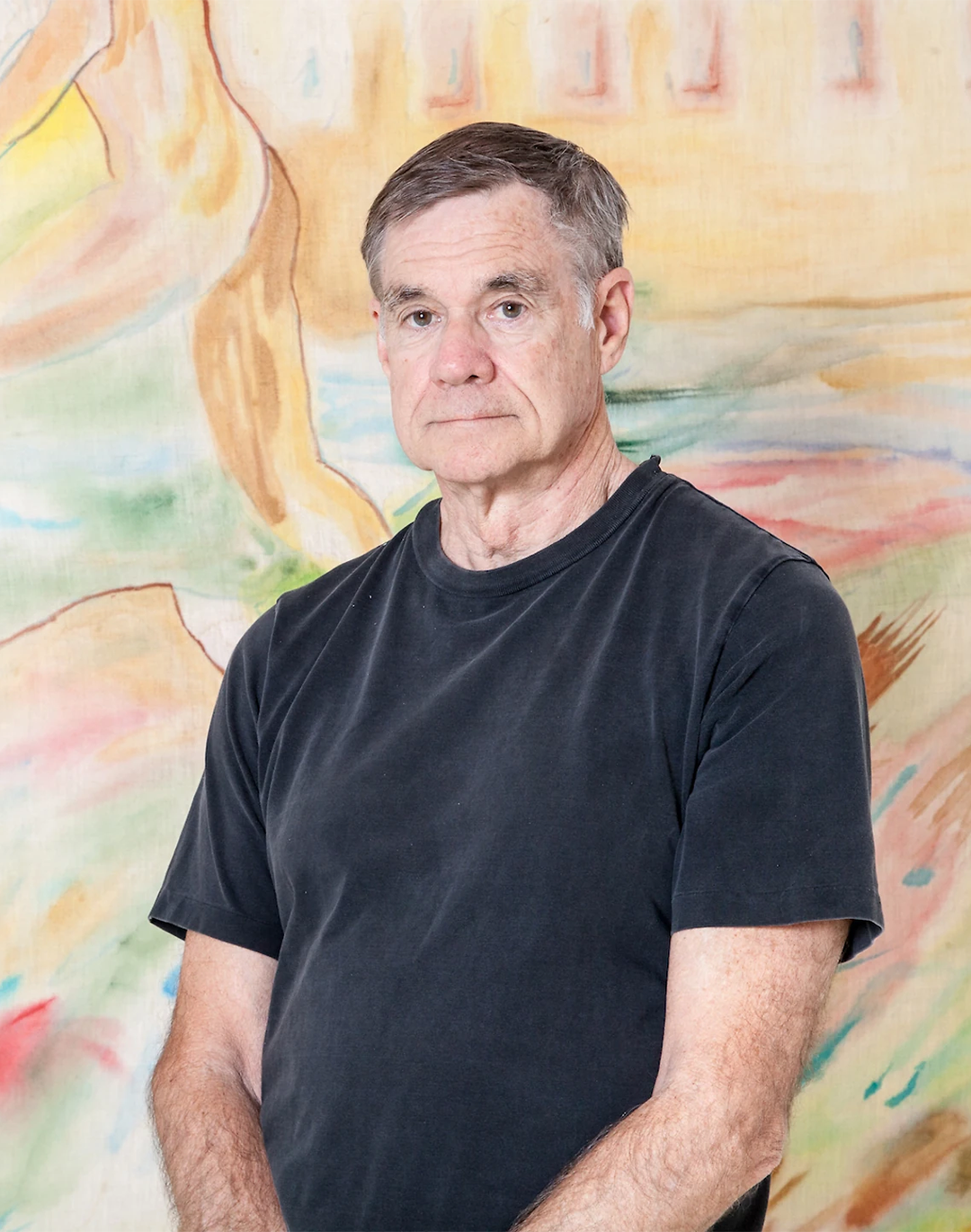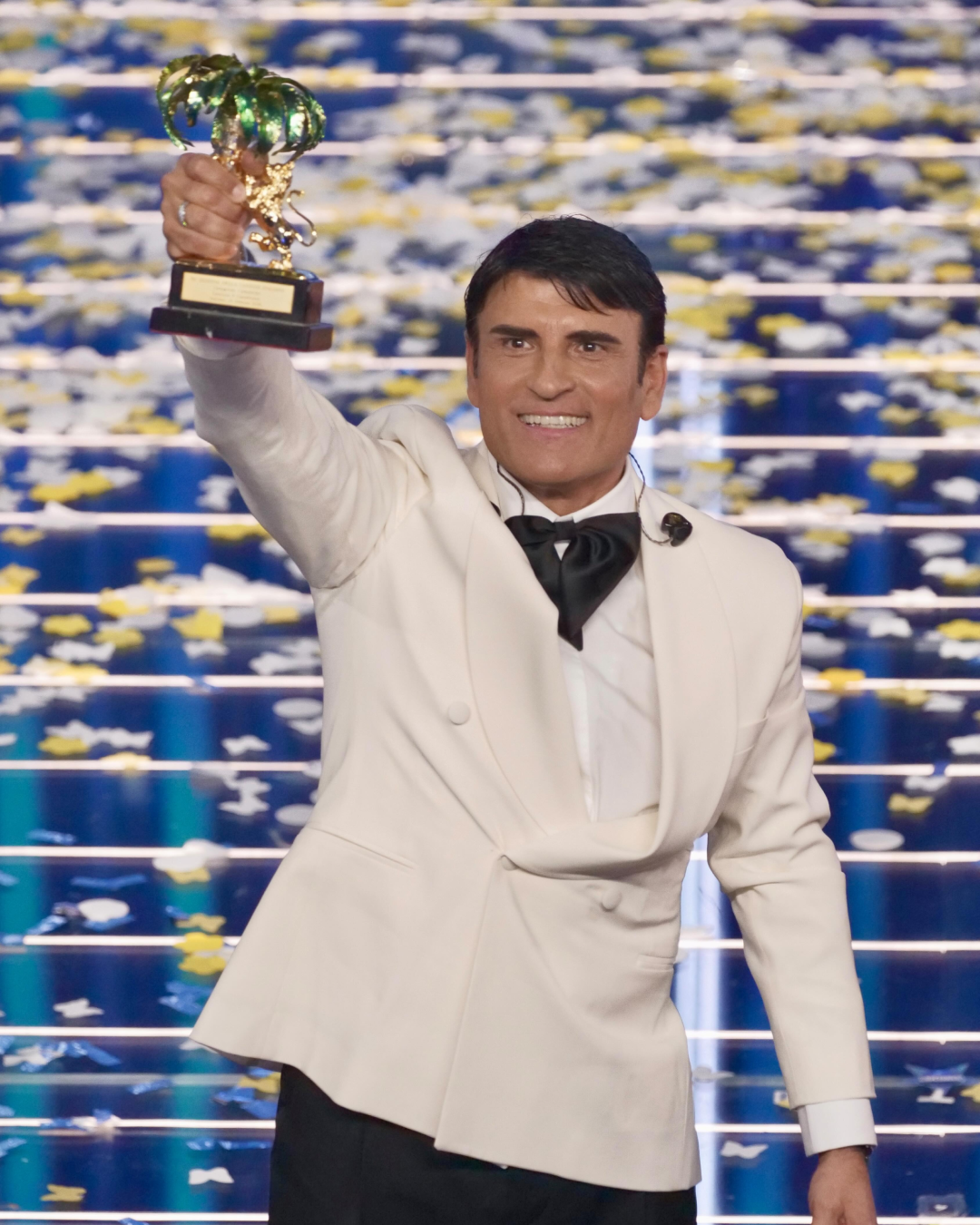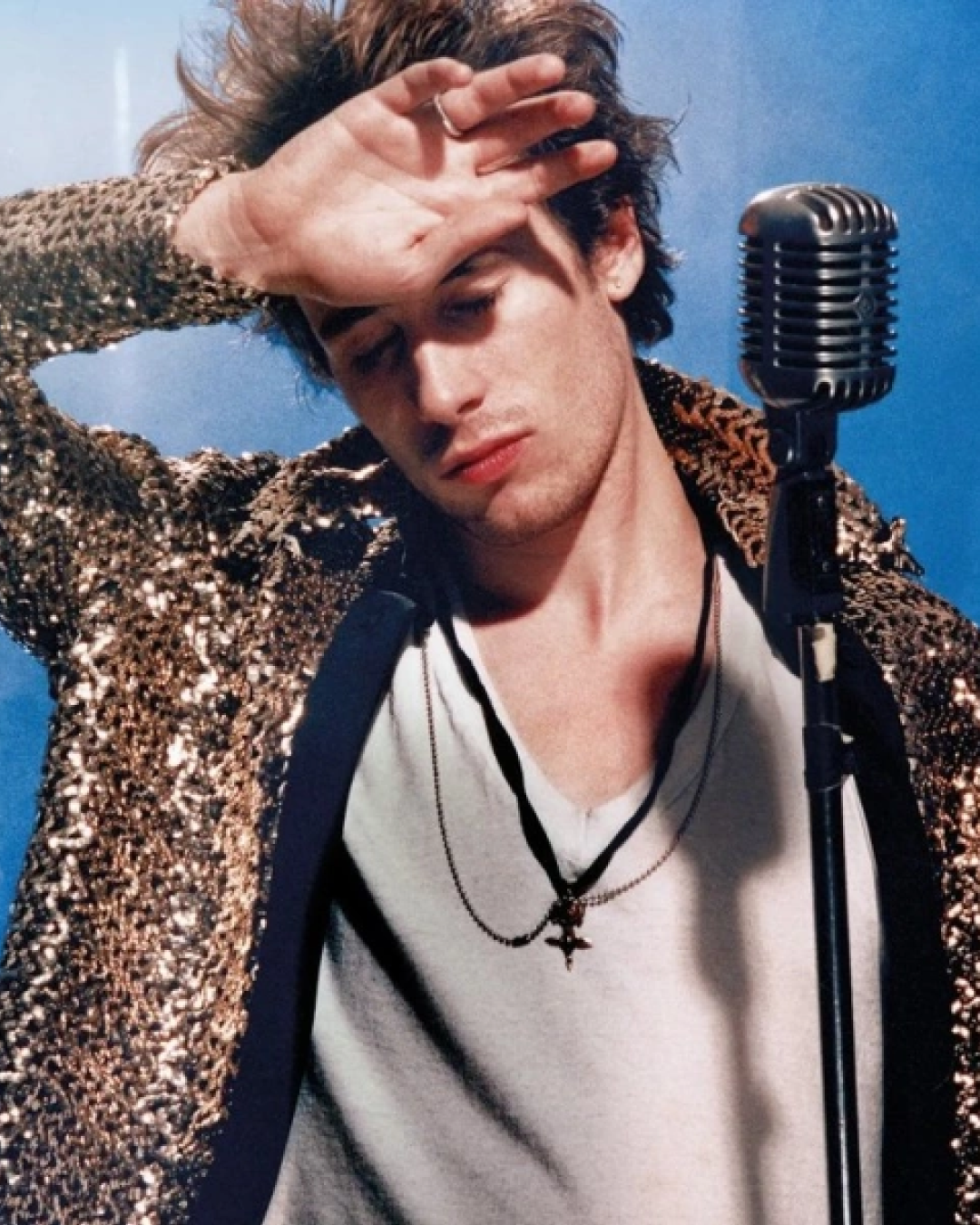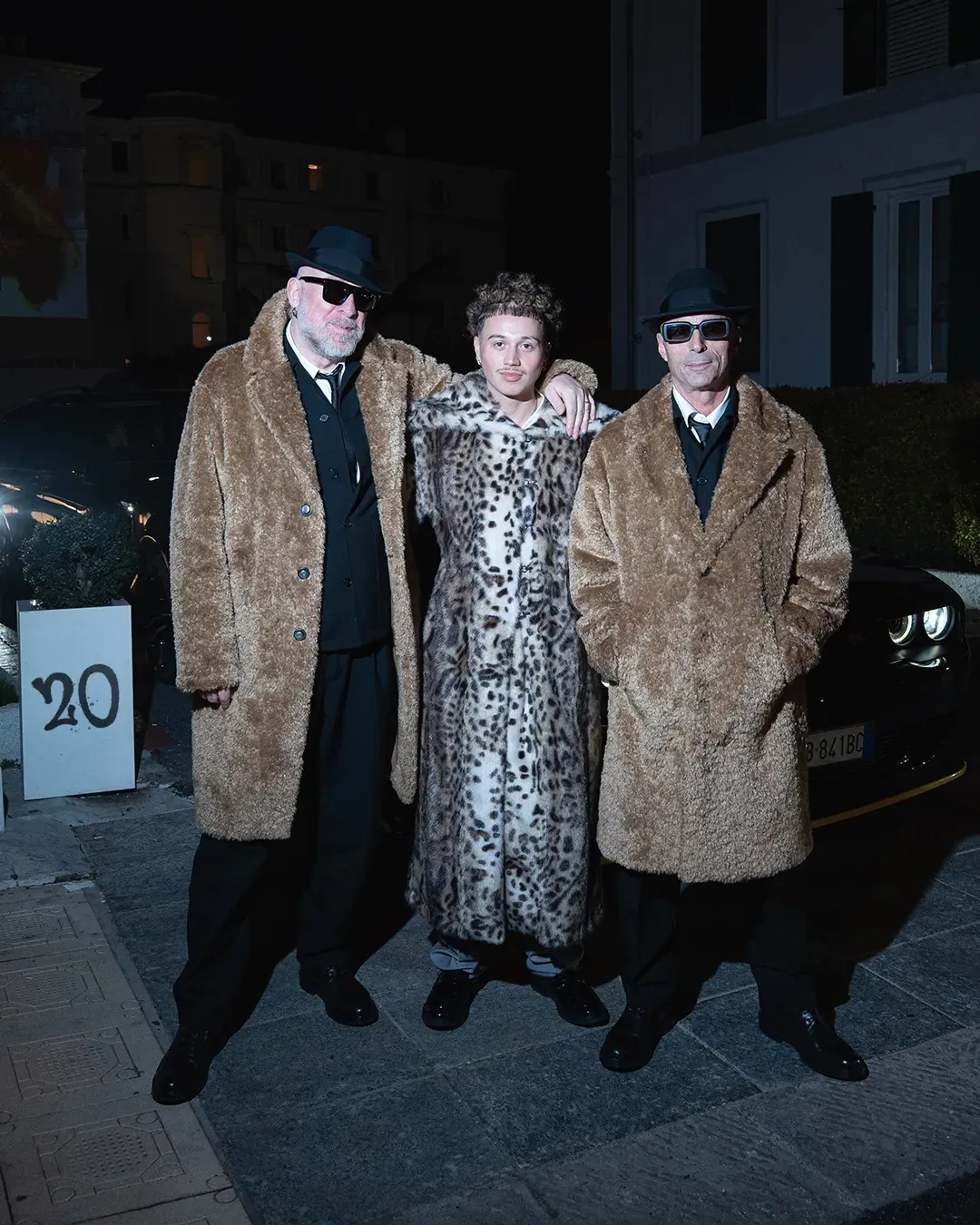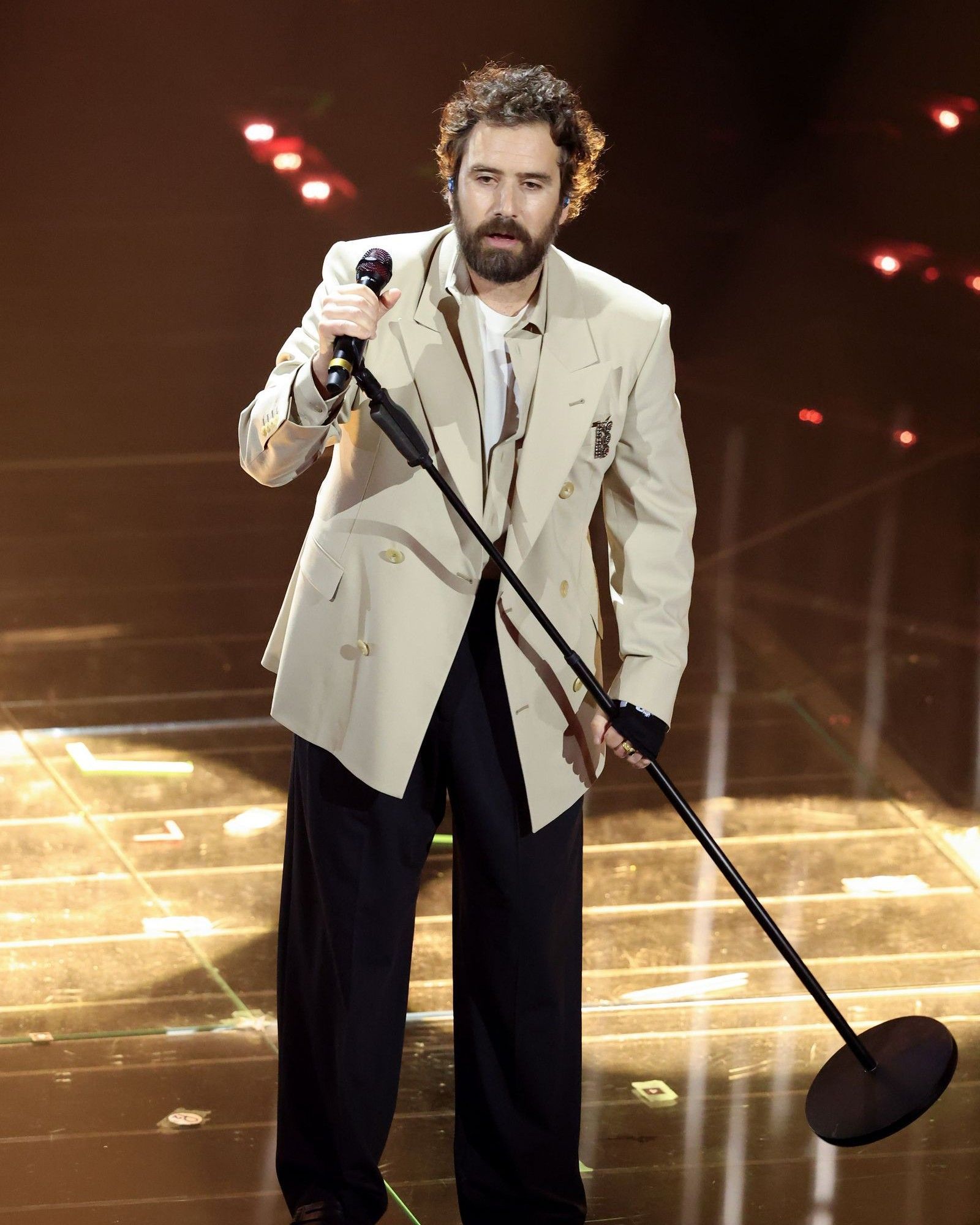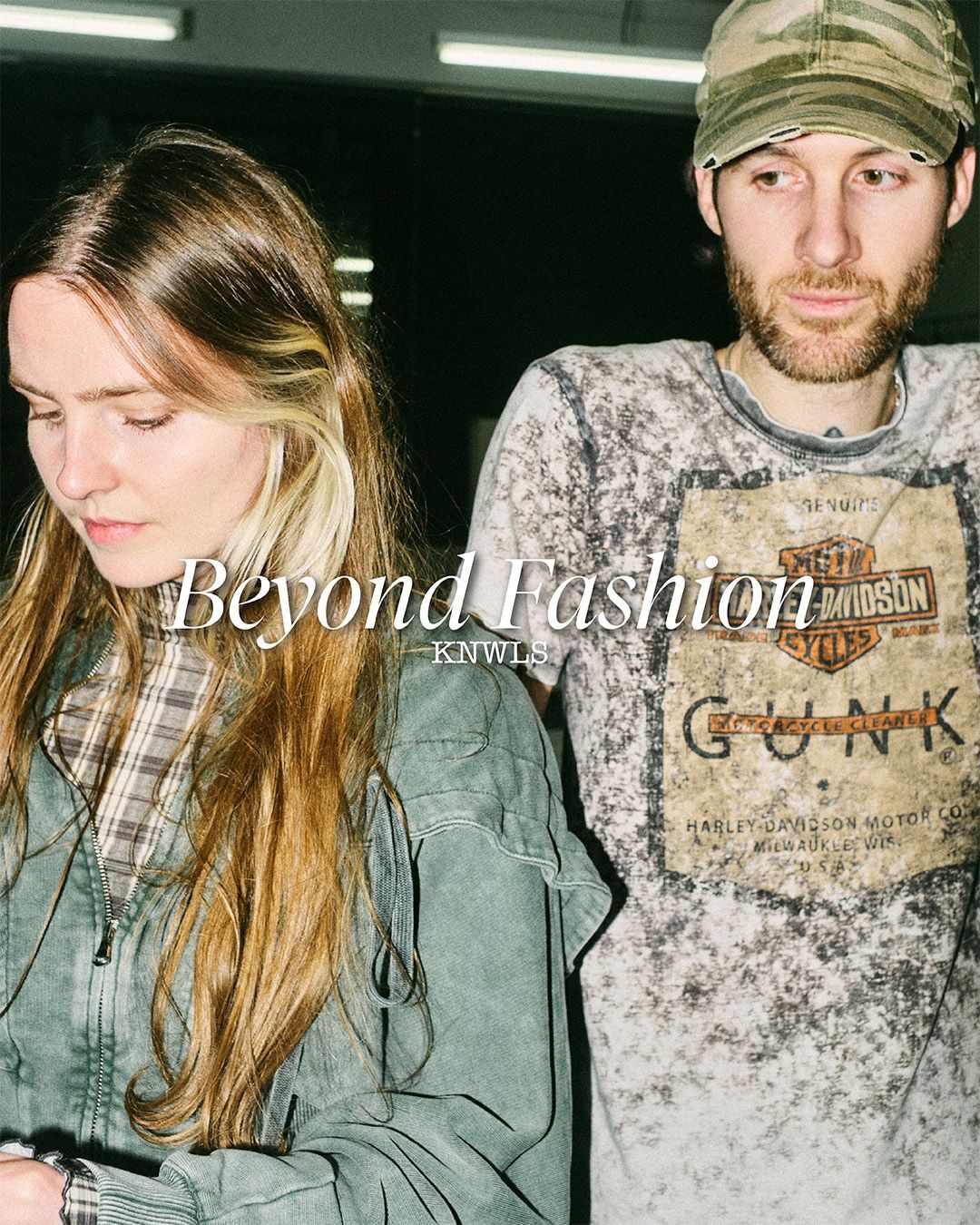
The New Italian Realness: interview with Massimo Pericolo, Speranza and Barracano Provinces, drugs and the hood life: face to face with the new italian wave
"Everyone loves the American dream, but in the remote Italian province there is not even a Mc Donald's"
There are just 300 McDonalds in Italy, while the Italian provinces are 80, which means that there are just under 4 McDonalds per province. If we consider that most of the restaurants of the most famous fast food chain in the world are in the big cities, Barracano's statement reflects in reality. It is easy to relate the idea of McDonald's with capitalism, it also happened in the Soviet Union after the end of the USSR, and therefore using this example to identify an ideal distance from the "center" of metropolitan life is the best possible way to do it. Moreover, Italy is a country of provinces, and there is no lack - in the history of Italian music - of attempts to tell it. One of the most successful narrations, however, of the modern Italian province is the one by Massimo Pericolo, Speranza and Barracano.
The three rappers - who will leave for their collective Italian tour on November 2nd - were able to represent Italian realness as no one else had been able to do in the trap era. A raw aesthetic, immediate, true - which is also reflected in their faces, as well as in the merch that will accompany them on tour and in their first posse track, "Criminali" - which in nss magazine's shots is instead contrasted by the shooting places, a mix of high and ancient elegance. The story of a country that we thought we knew, and that we then realized we did not know enough about.
The association between the three was natural and started right from those places where often there is not even McDonald's, where you do not see your future clearly, but you need to build it yourself.
Varese and Caserta, anyone can picture them as two very different places, yet both are at the provinces of a metropolitan city and have produced artists like you. When you first met, what were the similarities that you found in your backgrounds?
Massimo Pericolo: Similar places but with their different strengths and weaknesses. The whole world is a country, two people in difficulty, even in different contexts, tend to live similar experiences at family, youth, school, work and even street level. We saw our similarities knowing Rafi and I first of all through the pieces and then speaking, a friendship was born that was then reflected with Ugo and now we get along like people.
Speranza: We do have many relatable experiences, from the everyday life like struggling to find a way to move around. Certainly, also the boredom that sometimes dominates us and we end up facing it with excesses.
Barracano: I believe that all the provinces are similar, there are the same dynamics also in Europe, maybe there is a bit of different ethnic groups, but after removing this they all look alike. It's a bit frustrating to live in a province near a big city, you're close but you're far away.
The Italian Province is a universe far from the image that the trap has assumed in the mainstream imagination. What are your role models, if there are?
MP: As for the models at the artistic level, I do not have any, except for the level of writing. More than being inspired, I learned a lot from rappers like Marra, Fibra, and all those I've listened to even if they were few who taught me. Few have taught me so much. The image for me is something that does not exist, I reflect, also on an artistic level, a projection of my life and the context that I find myself living.
S: For my image I am inspired by myself, my habitat and my area of origin, there is nothing to show off. I am inspired exclusively by my people and my hood.
B: It is far away because everyone has the American dream, it is capitalism while in the lost provinces there is not even the Mc Donald's. Our role-model is the reality we live in.
Even from the point of view of the image, in the first videos all three of you wore Zeus and Givova tracksuit, an aesthetic statement compared to most rappers who exhibit heavily branded outfits.
Why did all three make this choice?
MP: We reflect a lot the reality we come from and it is also an economic scene, they are cheap, they are comfortable and they are beautiful. Price-quality is the best motivation.
S: As I said before, I'm inspired by my hood, it's a matter of being real.
B: It came spontaneously, the song that Ugo wrote, "Givova", is the example. In southern Italy these are brands that we wear because they have a low price, are sporty and are sold in market stalls, everyone has a item of this kind at my place.
The message you seek to convey is that of a sort of rebellion, a rupture of patterns. It's a very punk thing, especially now that rap has become the mainstream genre par excellence. How do you live this situation?
MP: Rap has become a mainstream thing starting from a desire for rebellion and it is precisely what allows this rebellion to reach a larger audience. We are rebel in our lives but it is not a matter of music, we represent it because we keep it real.
B: It's always a matter of being real, I don't even know what a punk is. I know that the more I mean against the tide, I do what I want.
In Italy the public conversation on drugs, psychotropic drugs and depression is poor and scarse. You address these issues in different ways, but the approach seems similar to me: telling the reality and your experiences. Can you explain and motivate me this choice?
MP: The choice to address the issues of drugs and depression is a need, it annoys me that things that have created problems in life are underestimated or misunderstood by people because the more you live in ignorance less help can be received and can be given on these issues. Ignorance is not just having the wrong information but also simply not talking about it, so ignore it.
S: The fact of talking about the abuses that someone does or has done is not an encouragement to young people to do it, we tell the lived but we do not want for nothing to push young people to make the mistakes we made in the past.
6) What was the greatest fear you have about success and instead what has positively surprised you?
MP: Perhaps it is too early to say but I am surprised that it has not changed me but rather has allowed me to improve thanks to the serenity it has given me, not so much for success in itself but for the satisfaction that comes from both mental and material obviously. I'm more relaxed and I live better.
S: My fear of success was to risk getting away from my hood but I don't think it will ever happen, I will always go back to roots. On the other hand, I was surprised by the reaction of a very diverse audiences, I have people who follow and it's something I didn't expect.
B: The biggest fear surely was that the way we behaved or put people towards us would change. On the one hand it happened and it saddens me, on the other hand there are friends who always treat you like shit and for me it's a good thing.
You are about to go on tour in Italy, how do you imagine life on tour?
MP: There is little to imagine because we have already seen how things are going with tighter dates. We organized it well, we're happy, it's just us, we're practically in the family. If we had a little fun this summer, we will have more fun now.
S: Life on tour I imagine quite nomadic and it's something I like. Facing it together, however, in friendship it will be like a trip, I already have good memories and starting from this I believe that everything will be better.
B: I imagine it tragicomic.







